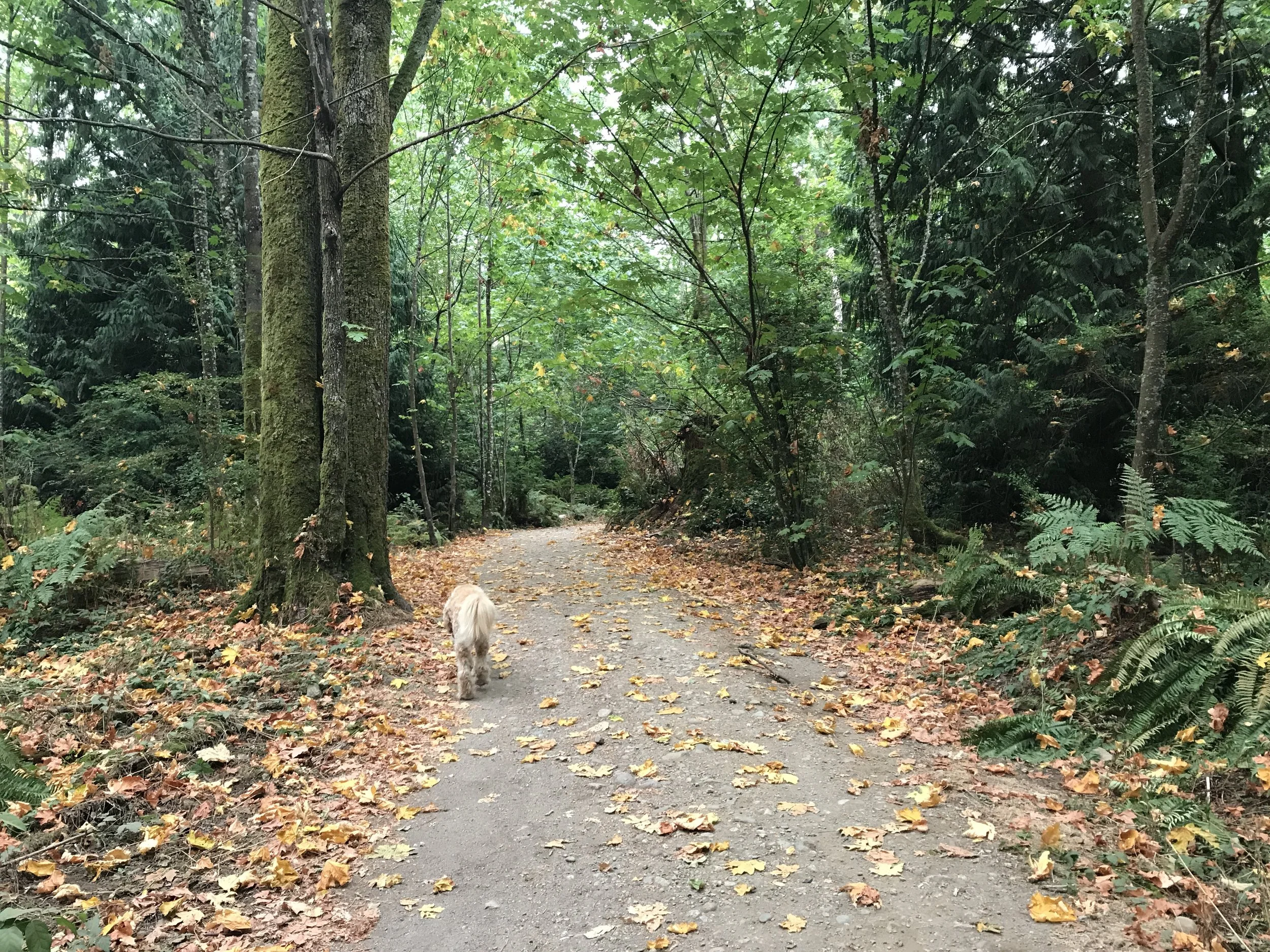The Practice of Gratitude
Sometimes the overwhelming beauty of life is easy to appreciate…other times we may have to look just a little harder. Photo by Jared Erondu on Unsplash
Gratitude. Appreciation. Possibly the most powerful act we can take for our mindset, our state of being, our happiness, is to practice Appreciation. To take note of all that we are thankful for, to pay attention to it, bring it to the foreground of our consciousness. Practice it as a habit.
Our brain likes patterns. It likes to prove a hypothesis correct. It is efficient that way. It has to be. Of the millions of details our brain receives in a second, it only processes .0000000005%. That is, our mind is only made aware of .0000000005% of ALL the stimuli around us. What the what? Our brain has to filter - if we were aware of every detail, every second, we could not function. And so, our brain “chooses” what it is we should be made consciously aware of in order to survive. As such, it seeks patterns, looks for “truths” that confirm our beliefs, strives to be efficient. It notices these patterns and brings them to the forefront of our consciousness. You may have noticed this phenomenon if you or a friend, for example, buys a yellow car. Suddenly you notice yellow cars everywhere. Did everyone suddenly buy yellow cars? Was there a factory sale?! No, your brain is simply picking up the details of the world that support what you know to be true: people buy bright yellow cars.
It stands to reason that if we are becoming conscious of such a small sliver of “reality”, why not guide our awareness consciously, rather than unconsciously? Why not prime the pump of appreciation, rather than lack? If we train our brains to appreciate, it will efficiently prove to us that there is a great deal to appreciate. Instead of allowing lack to unconsciously pull our focus, we can direct our focus, practice appreciation and gratitude until it becomes second nature to notice all there is to be thankful for.
Photo by gabrielle cole on Unsplash
So, what is required to train your brain to see abundance? Paying attention. Being present. Making gratitude a part of your day, big or small, in a specific way can help. A gratitude journal, for example. Being mindful helps. Noticing when your thoughts are turning to lack, or negativity, and releasing the thought, choosing instead to find something you appreciate in that moment. Practice, of course. Compassion for when you fall off track. Because you will. We all do.
You may want to start your day with noting down things you appreciate. You may want to end your day journaling about all you are grateful for. You may want to share things you are grateful for with your family over dinner. It doesn’t really matter what form it takes - whatever works for you! I find that, the more detailed and specific I am, the better I feel, the more the pump is primed. I have, in the past, written a gratitude journal before bed - listing the things I was grateful for that day - and I find this a lovely way to end the day. Lately, I like to write a “rampage of appreciation” in the morning, getting as detailed as I feel like about any one thing, or any multitude of things. This is a lovely way to start the day! [One thing to note: I find practicing this rampage works best if I am already in a positive state of mind!]
Ultimately, the logistics of a gratitude practice don’t really matter, it’s the simple fact of having one that makes a difference. Find what works for you and try it, see if you notice a difference, see if you enjoy it. I think you will.
xo Suzanne








